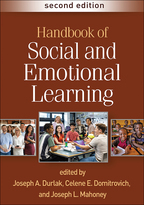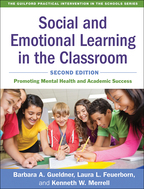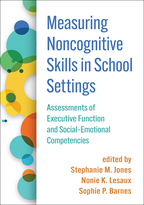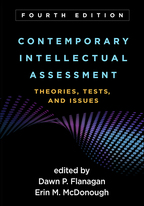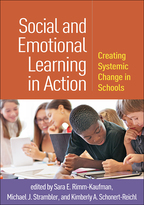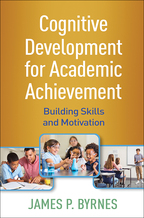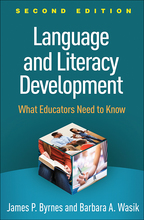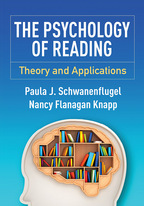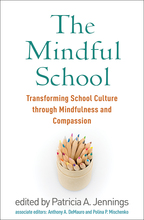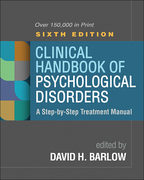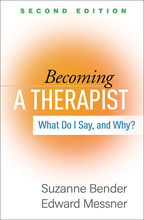Handbook of Social and Emotional Learning
Second Edition
Edited by Joseph A. Durlak, Celene E. Domitrovich, and Joseph L. Mahoney
Foreword by Maurice J. Elias
Introduction by Timothy P. Shriver
Afterword by The Weissberg Scholars
HardcoverPaperbacke-bookprint + e-book
Hardcover
orderJanuary 1, 2025
ISBN 9781462555628
Price: $117.00 650 Pages
Size: 7" x 10"
Paperback
orderDecember 12, 2024
ISBN 9781462555611
Price: $78.00650 Pages
Size: 7" x 10"
e-book
orderDecember 19, 2024
PDF and Accessible ePub ?
Price: $78.00 650 Pages
ePub is Global Certified Accessible
print + e-book $156.00 $93.60
orderPaperback + e-Book (PDF and Accessible ePub) ?
Price: 650 Pages
ePub is Global Certified Accessible
The definitive work on social and emotional learning (SEL) research and practice is now in an extensively revised second edition, featuring all-new and thoroughly updated chapters. The world’s leading SEL scholars describe state-of-the-art interventions that build students' competencies for managing emotions, showing empathy for others, forming supportive relationships, and making responsible decisions. The scientific underpinnings of SEL are explored and its impact on academic achievement and behavior is examined. The Handbook discusses ways to assess SEL and design effective, developmentally and culturally informed programs for students in preschool through secondary school settings and beyond.
New to This Edition
New to This Edition
- Reflects a decade of significant advances in research, policy, and implementation.
- New and expanded topics—equity, culturally responsive practice, multi-tiered systems of support, adult SEL, technology tools and applications, mental health, scaling up successful interventions, and more.
- Six chapters on international SEL efforts, discussing both developed and developing countries.
- Every chapter concludes with Key Takeaway Points.

